LONDON — It was a strongly worded warning from British Prime Minister Boris Johnson to Russian President Vladimir Putin: Invade Ukraine and there will be “significant consequences.”
Three days after that phone call last Dec. 13, Johnson’s Conservative Party received a donation of 66,500 pounds (nearly $88,000) from Lubov Chernukhin, the wife of one of Putin’s former deputy ministers.
In all, Chernukhin has donated more than 2 million pounds to the Conservative Party since 2012, making her one of the largest female donors in British political history, public records from the British Electoral Commission show.
Chernukhin says that she is a vehement critic of Putin and his war, and that none of her donations have been funded by corruption or improper means. Neither she nor her husband are among those who have been sanctioned by the the British government or others, and there is no suggestion either are guilty of any wrongdoing.
Her lawyers said in an email to NBC News that she disputed having historical links to the Kremlin because her husband, Vladimir, fled Russia in 2004 after being fired by the government and suffering harassment. (Vladimir Chernukhin used to chair Russia’s state development bank VEB, whose assets Britain froze after Russia’s invasion of Ukraine.)
But she is far from alone. Lubov Chernukhin is just one of several Russia-linked millionaires and billionaires to donate large sums to the ruling Conservative Party.
For some experts and critics, this type of bankrolling exposes a contradiction at the heart of Britain’s response to the invasion: How can Johnson’s government claim to be one of Putin’s strongest opponents, when London — and the ruling party itself — is awash with Russian cash?
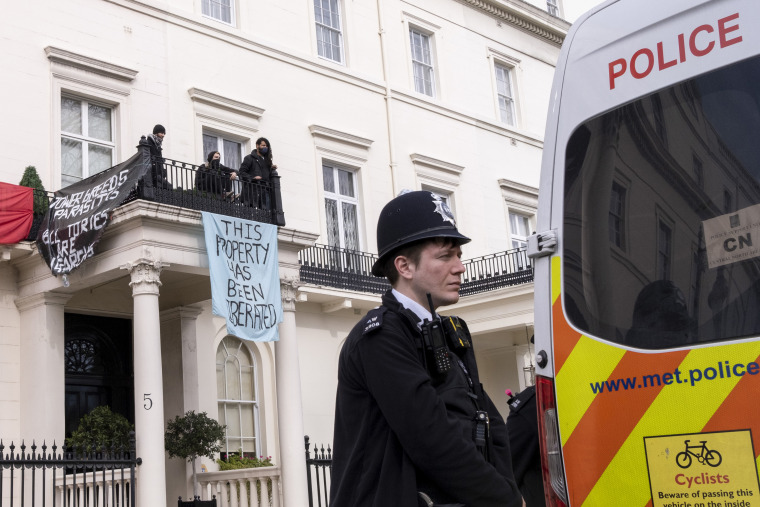
One of the most prominent critics of the funding status quo is Dominic Grieve, a former U.K. Attorney General and ex-Conservative lawmaker who in recent years has rebelled against Johnson’s administration.
“The Conservative Party says these are allowable donations — and they may be — but you do have to ask yourself what the motivation is for this and what the intention is behind it,” he said.
“A lot of Russians with very close links to Putin” are now “well integrated into the U.K. business and social scene, and accepted because of their wealth,” according to a report by the British Parliament’s Intelligence and Security Committee in 2020, based on the committee‘s inquiry that Grieve headed up a year earlier.
Grieve said there is no doubt in his mind that this constitutes a risk to national security.
‘Curried favor and garnered influence’?
This is a story that starts amid the collapse of the Soviet Union in the early 1990s, when a few canny, ruthless Russians got rich from the often shady carve-up of lucrative state resources.
Fearing their fortunes might be lost in a fragile economy and shaky rule of law, many decided their money was safer in the financial hub of London. Successive British governments (not just Conservative ones) did little to discourage them.
Over the next 30 years, London became so riddled with Russian capital that it earned nicknames like “Londongrad,” “Moscow-on-Thames” or simply “the laundromat.”
These Russian “oligarchs” plowed their money into mansions in London’s leafy Hampstead and stucco Georgian town houses in Belgravia; into luxury goods from the Harrods department store; and into expensive educations for their children at prestigious schools.
According to Transparency International, a Berlin-based watchdog, people with links to the Kremlin or corrupt activities in Russia have purchased at least 1.5 billion pounds (close to $2 billion) of real estate in Britain. That number is “certainly just the tip of the iceberg,” the organization said in a report in February.
Soon this money “started buying what you might call influence,” Tom Keatinge, an expert in financial crime at the Royal United Services Institute think tank, said. That meant “donating to galleries or to academic institutions,” but also “making donations to political parties, typically the Conservative Party, where it may or may not have curried favor and garnered influence.”
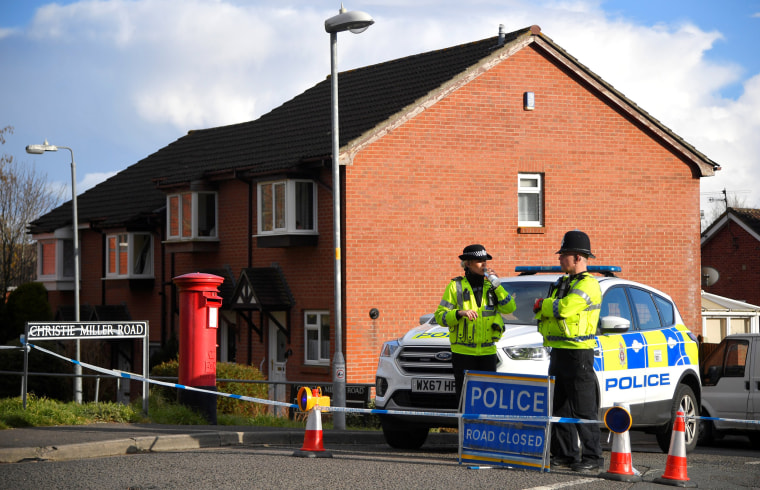
Accepting this flow of wealth into London was not only a risk in terms of money laundering but also national security, said Grieve, a longtime critic of Johnson’s.
That’s because many, but not all, Russian oligarchs are “intimately bound up with what can only be described as a mafia society — headed by the chief boss of the mafiosi, Mr. Putin,” he said.
For decades “the U.K. has been welcoming dirty Russian money with open arms,” agreed Bill Browder, an American-born hedge-fund manager based in London who is now a leading anti-Putin campaigner on corruption and human rights.
Although the Ukraine invasion “was a day of reckoning when everybody realized” that accepting Russian money “was enabling the murder of tens of thousands of people,” Browder is still skeptical that significant progress will be made in Britain or elsewhere.
“In my experience there is always a disconnect between the rhetoric and the reality,” he said.
Perhaps the most ostentatious investment was the purchase by Roman Abramovich of the capital’s biggest soccer clubs, Chelsea FC, founded in 1905. While he has always denied allegations he is linked to Putin, Abramovich, whose fortune amounts to an estimated $12.3 billion, according to Reuters, was sanctioned by Britain and the European Union last month.
The U.K. government sanctioned him last month alongside six others who it described as “Russia’s wealthiest and most influential oligarchs, whose business empires, wealth and connections are closely associated with the Kremlin.”
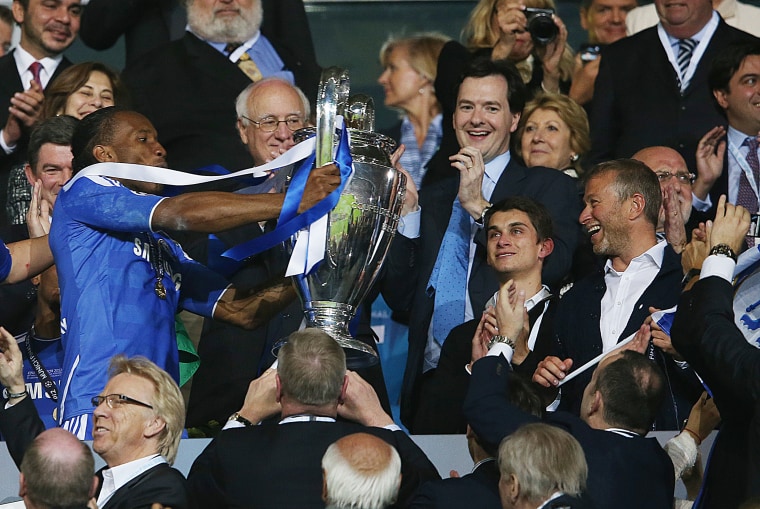
The political sphere has been a similar free-for-all. Unlike in the U.S. there is no limit to how much a British registered voter can donate to a political party. And until recently wealthy Russians have been able to fast-track British residency permits if they invest at least 2 million pounds in the country.
Johnson denies there is anything wrong with these donations, telling Parliament in February that “we do not raise money from Russian oligarchs. We raise money from people who are registered to vote on the U.K. register of interests.”
The Conservative Party did not respond to NBC News’ emailed request for comment on the questions surrounding its Russia-linked funding. The opposition Labour Party has also received Russia-linked donations, albeit to a much lesser extent. There is no suggestion of wrongdoing by any of these donors, many of whom have complex relationships and histories with their homeland and Putin.
Among the highest-profile donors is Lubov Chernukhin, who has paid several six-figure sums at auction to play tennis with Johnson and then-Prime Minister David Cameron, as well as to dine privately with Theresa May when she was prime minister.
Her husband said in 2018 court documents that his time at Russia’s state development bank from 2002 to 2004 “elevated me to the inner circles of the Russian establishment.” He described Abramovich and Oleg Deripaska, another billionaire oligarch and alleged Putin ally, as being “like friends” in the witness statement, although the court battle was against Deripaska himself.
In an email to NBC News, Lubov Chernukhin’s lawyers said that she “has never held any political position in Russia or elsewhere” and “she has no links to President Putin or the Kremlin.”
On the day of Russia’s invasion of Ukraine, she released a statement condemning “Russian military aggression,” “Putin’s despotic regime” and his “Stalinesque persecution of the Russian people.” Chernukhin said she supported the “strongest possible sanctions against Putin’s regime and its enablers.”
Her lawyers said she married her husband in 2007, three years after he was “driven out” of Russia after falling out of favor with the Kremlin. She has donated millions of pounds of her own money to the Conservative Party because she “is passionate about democracy,” her lawyers said.
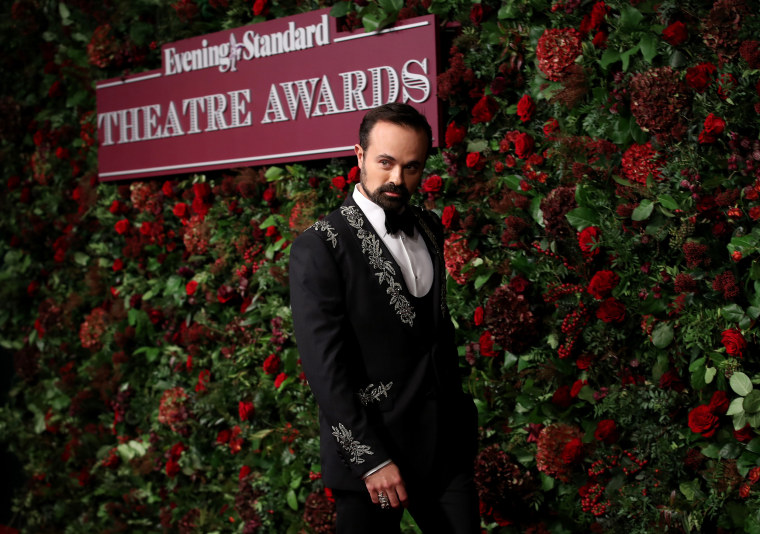
The Conservative Party is also under scrutiny because of Johnson’s decision last year to award a peerage to his friend Evgeny Lebedev, a media mogul who owns the London Evening Standard and Independent newspapers and whose father was a KGB spy. The prime minister’s estranged ex-adviser, Dominic Cummings, says that he was “in the room” when British officials told Johnson that intelligence agencies had “serious reservations” about the peerage — reservations he said the prime minister ignored.
Johnson says this recollection is “simply incorrect.” And Lebedev said in an emailed response to NBC News that “the PM and other members of the Cabinet have categorically denied this.”
Lebedev, who is a dual British-Russian national, also wrote in his newspaper that “I am not some agent of Russia” but “proud to be a British citizen and consider Britain my home.” He has repeatedly called for Putin to end his invasion in Ukraine.
‘Nowhere to hide’
The invasion has certainly been a wake-up call for the West. Germany, for example, is having its own reckoning over its reliance on Russian gas.
In Britain, the government points out that it has never shied away from condemning Putin, who Johnson this week accused of war crimes and “indiscriminate and unforgivable slaughter” of civilians in the Ukrainian town of Bucha.
The NLAW anti-tank missiles Britain donated to Ukraine have gained a near cult-status on the battlefield and helped push back the Russian advance. And the U.K. has joined Washington and Brussels in sanctioning hundreds more Russian banks, companies and oligarchs.
“There will be nowhere to hide,” Foreign Secretary Liz Truss said Feb. 28 of the oligarch purge.
But for some critics this is too little, too late.
Browder and others ask why the West was jolted into action by the Ukraine invasion, but not Putin’s bombing of civilians from Grozny to Aleppo; by Russian spies targeting people with radioactive poisons and nerve agents on British soil; by the Kremlin’s crackdown on political opposition at home; and by its election meddling in the U.S. and elsewhere.
“Russia’s invasion of Ukraine is a failure of deterrence by Western democracies,” Grieve, the former U.K. attorney general, said. “The interesting question is: Did we convey an impression that Putin could act with impunity in Ukraine because people in Britain and elsewhere were far too interested in Russian money to do something about it?”



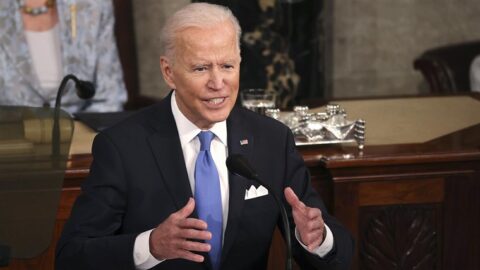
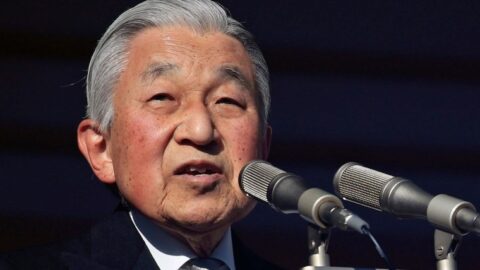
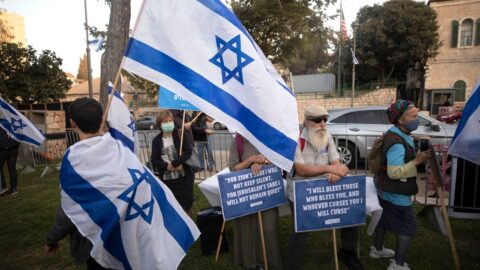
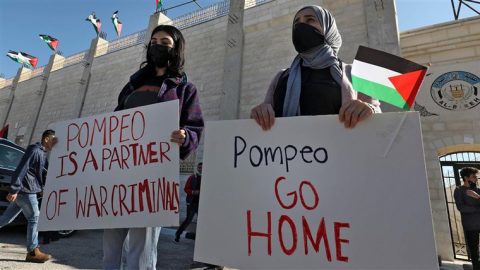

Recent Comments